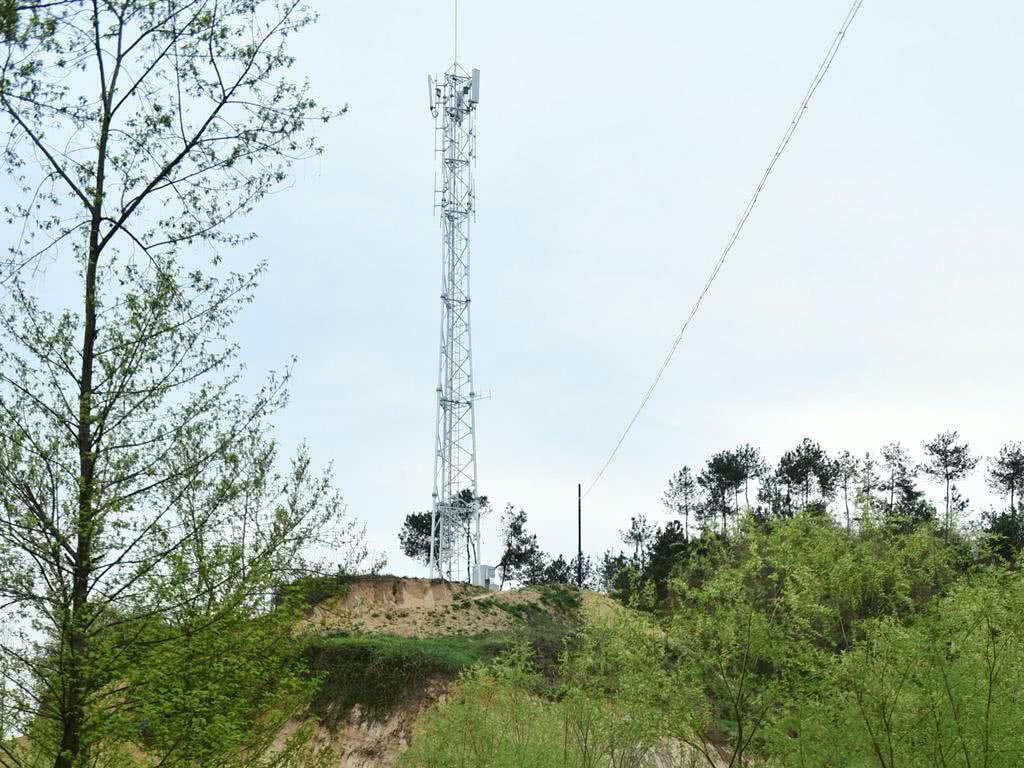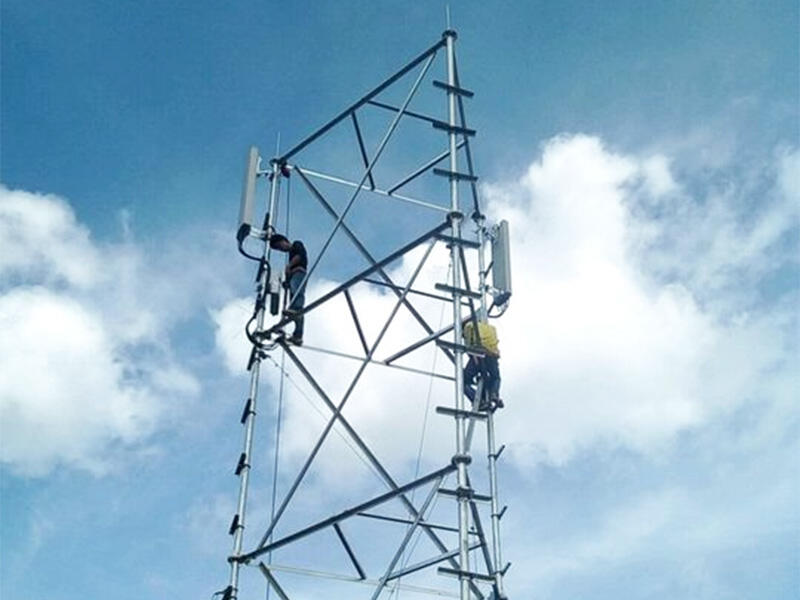A Battery Backup Unit (BBU) is a device that helps telecommunication companies continue delivering services seamlessly during power outages. In this case, we will look at a BBU’s Installation considerations to improve a BBU’s reliability for any telecommunication company and operational efficiency.
Backup Battery Units and Their Indispensable Role
For telecommunication systems, a Backup Battery Unit BBU is a pivotal component in the operational ecosystem. As we discussed in the previous sections, a BBU is crucial when there is a loss of power to keep business services, functions, and telecommunication networks operational. Now with BBUs, we understand that the best install and config of a BBU is required to guarantee optimal functionality. Ill-configured or poorly set BBUs have the ability to bring a network to a standstill. For businesses, this means network outages that result in loss of productivity and customer dissatisfaction.
BBU Installation Primary Considerations
BBU type and class, along with the BBU’s battery and its battery capacity are some of the other core parameters. In addition to what has been discussed previously, a BBU also has to consider operational temperatures and humidities of the environment since these factors greatly influence the longevity and health of the systems battery.
Powered devices will not work during outages is a common misconception held by customers.
Performance Insights and Installation Choices
Some performance custom installation options can be optimally and custom precisely tailored. For instance, a BBU should be positioned for easy reach during periodic servicing and inspection. Since overheating is a well known battery killer, placing a BBU in a ventilated area protects overheating. Every connection should also be tight, secured, devoid of corrosion, and fully complete. Efficiency reduction can be caused by loosely made connections. Lastly, the BBU system should be assessed during peak periods for the best confirmation of readiness and operation.
Insights on BBU Maintenance and Monitoring
The inability to perform system maintenance on a BBU can undermine system dependability as well system the dependability of BBU monitoring. Oversight maintenance of a BBU may consist of monitoring vital maintenance tasks like battery tests, charger inspection, and functional verification of system components. Installation of a monitoring system can mitigate critical system risks. Enhanced monitoring not only strengthens dependability, but also enhances the operational lifespan of the BBU system.
The Market Update and Its Upcoming Predictions
With innovations such as smart Battery Management Systems which improve Base Band Unit monitoring, the telecom sector is changing quickly. In response to the growing demand for environmentally friendly technology, other firms are also adopting green designs, for example, the incorporation of solar panels into Battery Backup Units (BBUs). A company’s telecommunication infrastructure upgrades and acquisitions need to closely follow such innovations.
In conclusion, a telecommunication service provider aside from other functionalities must provide and install Battery Backup Units. Following the maintenance and installation best practices of BBUs, telecommunication service providers and their enterprise customers can achieve increased operational efficiency. BBUs help companies get to a near zero uptime which increases operational reliability, simplifies maintenance, and reinforces the routine and precise installation importance.










